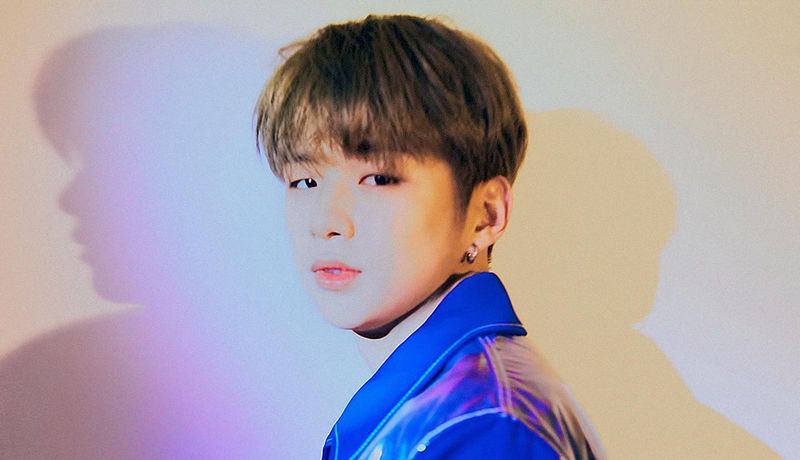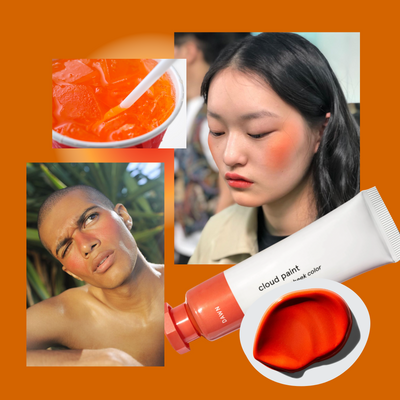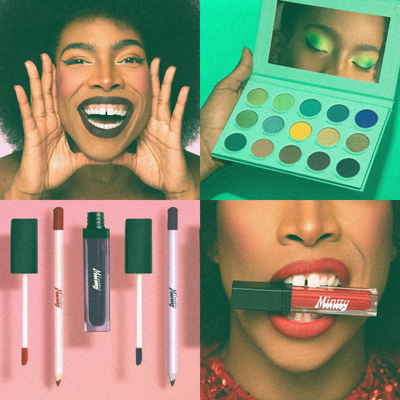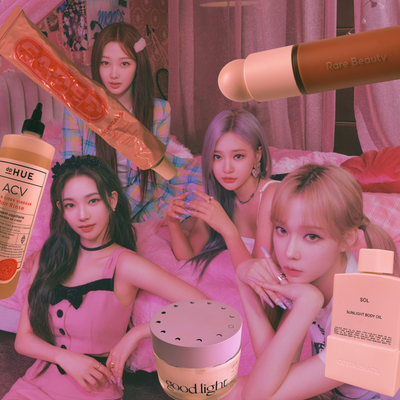“I wish someone could help me,” wrote the Kpop star Kang Daniel, in an alarming message earlier this week.
It was written on the solo artist and former Wanna One member’s fan cafe. “It’s too hard,” he went on. “Very difficult. I don’t know how difficult it would be.” The message, he says, was written because of the mental health issues he was experiencing due to online hate, bullying and harassment. The note was serious enough that #wearewithdaniel started trending on Twitter, with fans tweeting in support.
SEE ALSO: We need to talk about your favorite Kpop stars and mental health
The 23-year old had recently made a comeback with “Touchin’,” his first single from his upcoming album and went on to win on SBS MTV’s “The Show!” After accusations of voter manipulations he announced he’d be abruptly halting all activities.
“Kang Daniel is currently being treated with psychotherapy and medication due to depression and panic disorder,” a statement from his company, Konnect, read. “While working around his comeback schedule recently, he showed signs of frequent health problems and anxiety. After careful discussion with the artist, we concluded that it is right for him to take a break in order to be able to carry out any future career activities from a healthier place.”
Daniel’s cry for help follows a tough year for the Korean entertainment industry. Already, two of its biggest stars – f(x)’s Sulli, and Kara’s Goo Hara – died by suicide. Days later, it was reported that actor Cha In-Ha passed away this week, though the circumstances are still unclear. It’s enough to spark the question posed by an international audience: Who’s going to save Kpop stars from themselves?
While American pop stars have been open about their mental health, from Ariana Grande who writes about it on her Instagram, Justin Bieber and his campaign with Schmidt’s deodorant, to Selena Gomez who writes songs addressing it, Korean stars have remained mum. After all, the topic is still considered taboo in South Korea. But it’s an issue that the peninsula is now considering a national emergency. South Korea ranks the highest in female deaths by suicide among countries worldwide as well as third when it comes to male deaths by suicide.
According to reports, young people are experiencing depression and anxiety at rates never seen before. Among South Koreans, research shows over 95% of people have experienced severe stress at one point in their lives.
Throw in fame, the pressures of aesthetics, the fear of failing, and the online harassment and bullying into the mix and it’s almost impossible for any Korean celebrity not to experience severe mental health issues, says psychologist, Dr. Jessica Pae of Grace Counseling in Denver, CO.
Whereas Western culture allows American stars to have the freedom to express their humanity– baring their warts and all to fighting back at trolls – Korean celebrities are expected to repress all emotions, hiding behind a facade that everything is okay. For them, they’re expected to be perfect, where every move, action, look, opinion, sound is dissected under a close microscope. It’s as if these Korean celebrities are forced to live in a glass cage where they’re no longer given license to be human, rather, androids meant to entertain spectators. It doesn’t help that these Korean pop stars debut before they’re adults – the median age is 15, an age where you haven’t yet fully developed.
“Where there is anxiety, there is often depression and vice versa,” explains Dr. Pae, to Very Good Light. “There is already so much pressure when you make it in the [Kpop] industry. The pressure to be perfect or to keep up the look, to stay famous, and fear of losing it all is real. It can make you crumble.”
“In the past, you had to be face to face to bully people but with the online presence, people cannot escape from bullying,” she tells Very Good Light. “It is constant and it hard for people to hide from it.”
It’s why South Korean music agencies have recently vowed to protect their artists. In the past few years, they’ve gone after malicious commenters who may spread unsubstantiated rumors online. Agencies like Fantagio (home of Astro and Weki Meki) have gone a step further, implementing suicide prevention classes. Classes and therapists and certainly help singers like Mina, of the popular girl group TWICE, who announced she’d be taking a hiatus due to anxiety or Taeyeon, from Girls Generation, talks openly about how she experiences depression.
For Dr. Pae, it’s essential that these celebrities feel seen and heard – not as public figures but for who they really are. “To be known for a fraction of yourself whether celebrated or hated are both incredibly painful,” she says. “This creates a lot of pressure and is a lose-lose situation. Either way they aren’t loved for who they really are, or hated for what they’re not.”
She suggests these Kpop stars surround themselves with people who know them deeply and see them for who they really are. “These people can also serve as a safeguard for them if they are ridiculed and criticized by people online,” she says. They also need to get offline for a period of time. “They have to learn to not read the comments and have separation or learn to separate their identity from people’s negativity.”
So what can we do as fans of our favorite Kpop stars? Give space, says Dr. Pae.
Sending positive messages is fine, but know that sometimes these celebrities want a break and that’s completely fair. “Give them time and space to rest,” she says. But most importantly, even if you don’t tweet at them or on their pages, being aware of what you’re saying online is paramount. “Be mindful of what you are saying – do not say negative things. Remember their humanity,” she says. “Be kind and loving.” Usually the simple things go the farthest. Here’s to a happier, healthier Internet and a better year for our stars.
If you or a loved on is experiencing suicidal thoughts, check out suicidepreventionlifeline.org or call 1-800-273-8255






